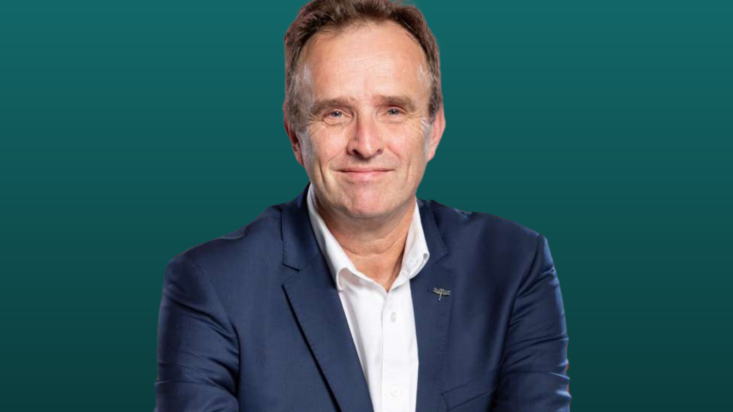Difficult conditions suit small caps, active management: Atchison
With so much attention paid to the massive influence and index concentration within the ‘Magnificent Seven’ technology stocks in the US, investors tend to forget about own home-grown concentration problems.
US investors might be concerned with the prevalence of technology and consumer-facing businesses in the S&P 500 benchmark – which just hit another all-time high – but Australia has its own issue with materials and financials (mainly banks) representing close to half the index, according to Atchison Consultants principal Kevin Toohey.
For those building portfolios for clients, Australian shares can represent as much as one third of the amount invested, which is why Atchison stresses a heavy focus on minimising uncompensated risks within portfolios.
The most common uncompensated risk is what Toohey calls “expensive indexing”. That is, when the selected combination of Australian shares end up simply tracking the respective index, but at a significantly higher cost. This is why Atchisons has built a proprietary model that disaggregates ETF and fund manager portfolios to understand the true exposure to each ASX company.
The answer is manifold. Portfolios should be viewed from the perspective of average market capitalisation, with style biases taken into account and disciplined valuation front of mind. Australian smaller companies stand out as one of the most attractive sub-sectors of the market, according to Andy Gracey (pictured), portfolio manager for Australian Ethical’s Emerging Companies Fund.
“Interest rates heading down will be a major catalyst for all equity markets,” Gracey says. “Smalls, and particularly microcaps, have underperformed their large cap peers in Australia so it’s not unreasonable to expect a relative catch-up in 2024/25. Investors, however, have been burnt in the microcap part of the market, so may not immediately return.”
“Style bias is just as important as size,” explains Toohey, referencing the fact that the ASX is dominated by traditional ‘value’ sectors like banking and materials. These tend to be much more cyclical businesses, and thus have less consistency of profitability and returns.
In order to build more resilience into an Australian share portfolio and reduce the risk, diversification of styles, primarily into companies deemed ‘growth’ or ‘quality’ will go a long way to smoothing the volatility experienced by clients.
Gracey says that while not a pre-determined outcome of an ethical approach to stock selection, the group’s charter naturally tilts towards more future-focused companies and sectors like including healthcare, technology and renewable energy. But that tilt has context; while sector proclivities are a primary filter, valuation displacement and momentum factors are also critical.
“Our deep ethical screens result in portfolios being significantly underweight materials and energy while being overweight healthcare, information technology and utilities,” he says. “Our active portfolios are typically overweight small cap and microcap companies, while being index unaware, which can create periods of significant deviation from benchmark indexes.”
There is a tendency in many things, investing included, to make change for the sake of change. This is the wrong approach, says Toohey, who suggests that anyone seeking to add or remove an investment from a portfolio must be looking to ‘move the dial’ in terms of risk exposure.
When making a change, Toohey continues, investors should be looking at adding something ‘significantly different’. One key measure Atchisons uses is ‘active share’, which measures the difference between a fund manager, like Australian Ethical, and the index which they track. The higher the active share the better, or rather the higher likelihood that investors are getting what they pay for.
“We combine broad capitalisation, higher conviction approaches with value-based, small companies strategies that provide the best of both worlds,” Gracey says. He points to software and IT companies including Gentrack, Nuix, Bravura Solutions, Mach7 Technologies, Ansarada and Janison Education as examples of holdings that epitomise the smaller capitalisation and growth tilt of the portfolios with relatively lower valuation characteristics, when compared with their more popular, larger capitalised peers.
With index returns expected to be lower than trend and more volatile in the near future, there are significant opportunities in active management, especially those able to provide patient capital to these companies.











